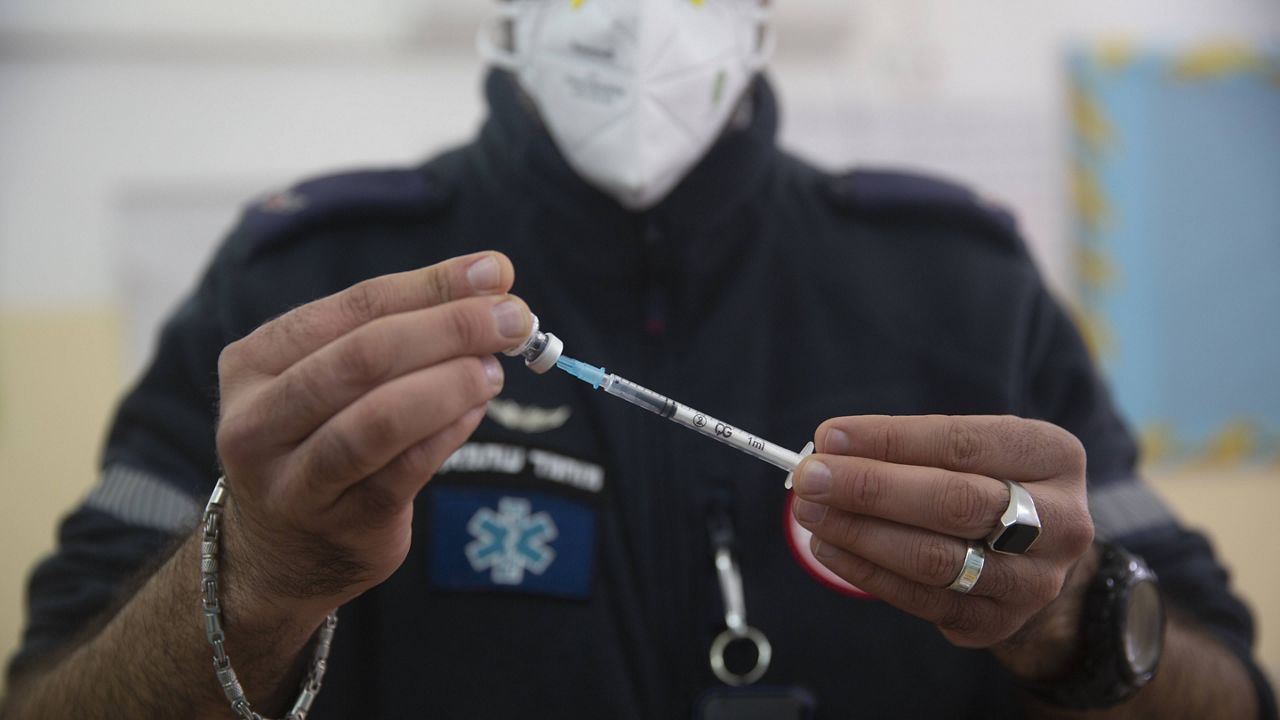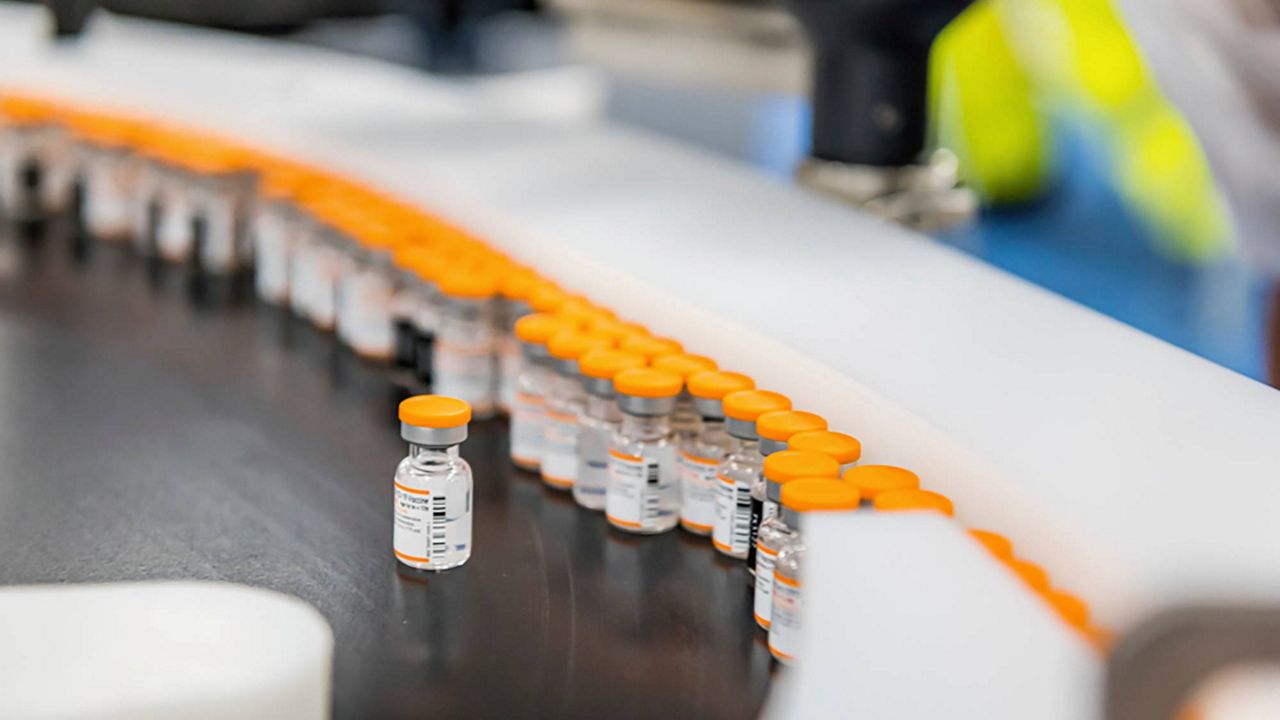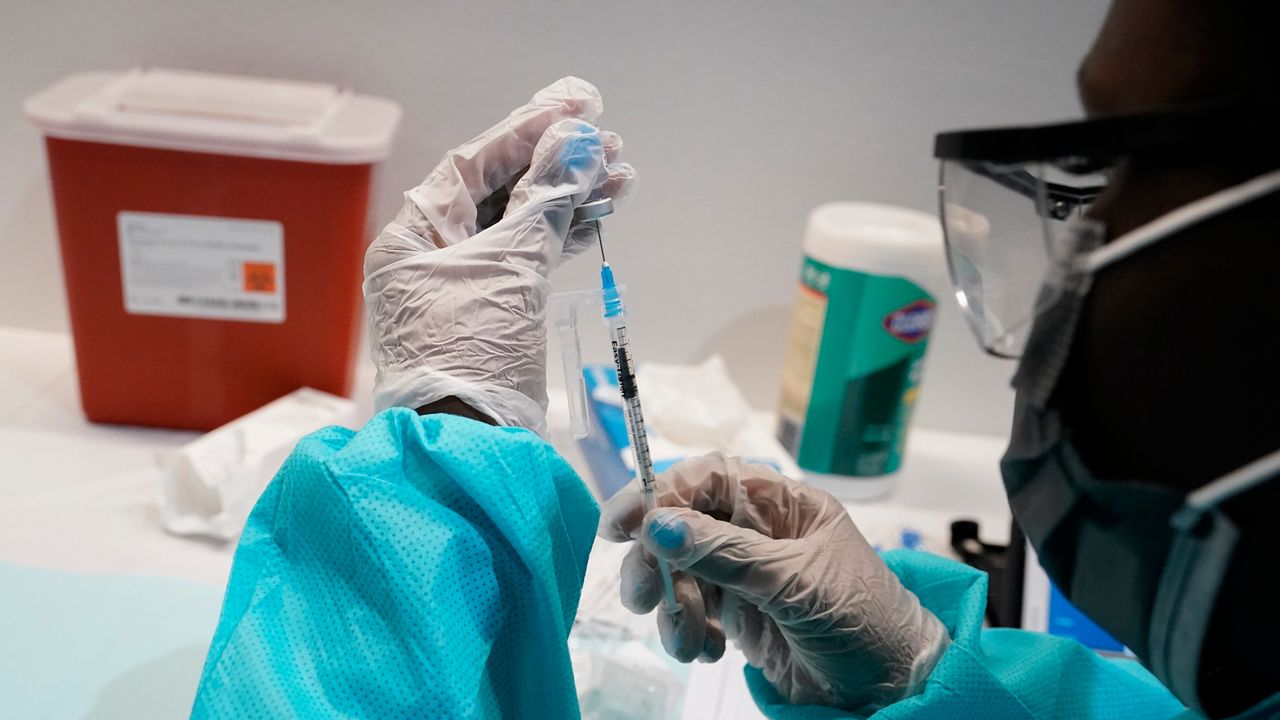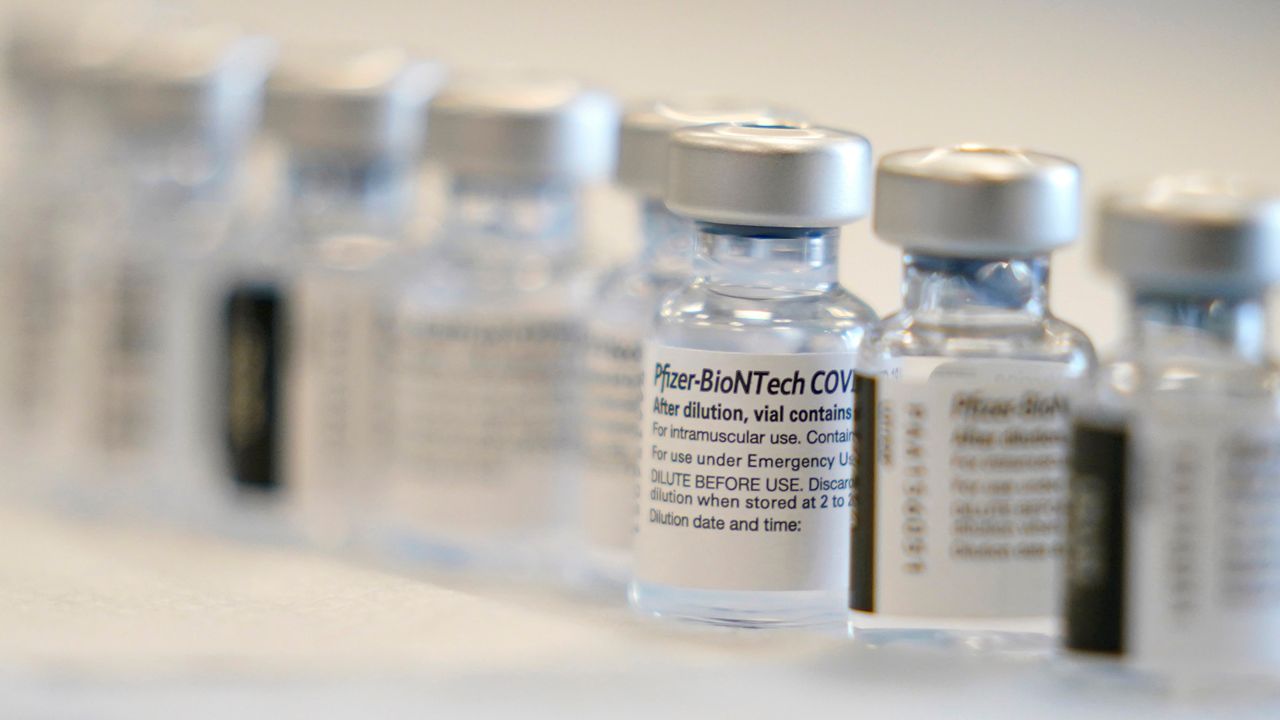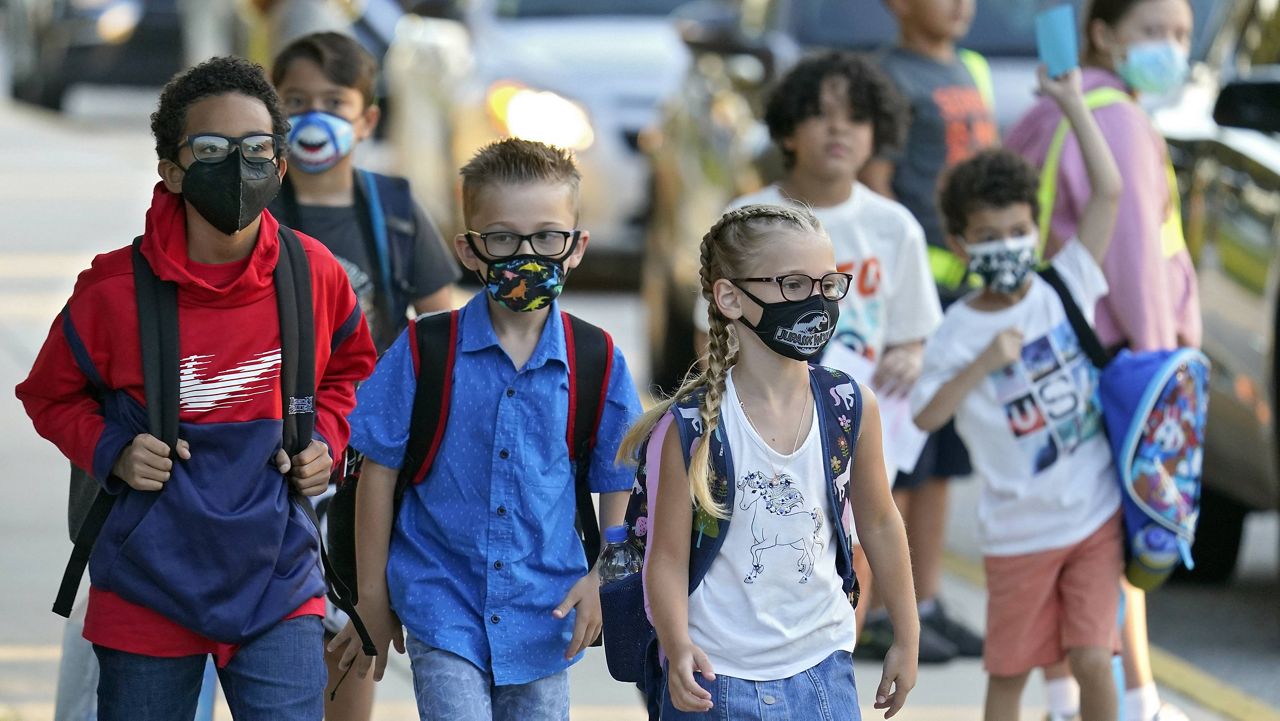A new study out of Israel shows that the two-dose COVID-19 vaccine developed by Pfizer and BioNTech offers significant protection after just a single shot.
What You Need To Know
- A study conducted by scientists at Sheba Medical Center found that one dose of the Pfizer/BioNTech vaccine was 85% effective at preventing symptomatic cases of COVID-19 after 15 to 28 days
- The findings could potentially lead to a change in vaccination policies, as countries countries weigh the risks of delaying the second dose of such vaccines in order to administer the initial shot to a greater number of people sooner
- Also, Pfizer and BioNTech said Friday can be stored in freezers at -13 to 5 degrees Fahrenheit for up to two weeks, not at ultracold temperatures that require special equipment
- The companies are asking the FDA to update their emergency use authorization to allow for the change in storage requirements
Meanwhile, Pfizer and BioNTech now say their vaccine does not require ultracold refrigerator, as currently prescribed, a change that could make distributing the shots easier.
The study conducted by scientists at Sheba Medical Center and published in the Lancet medical journal, found that one dose of the Pfizer vaccine was 85% effective at preventing symptomatic cases of COVID-19 after 15 to 28 days, and 75% effective at preventing all cases of the disease at the same interval.
The research was conducted on more than 9,100 health care workers and was peer reviewed.
The findings could potentially lead to a change in vaccination policies. Clinical trial data showed that two doses of the Pfizer vaccine offer 95% protection against mild and severe cases of COVID-19. The second shot is recommended 21 days after the first.
But as the virus continues to rage globally and vaccine supplies remain limited, countries have begun to weigh the risks of delaying the second dose of such vaccines in order to administer the initial shot to a greater number of people sooner.
The United Kingdom has been delaying second doses up to 12 weeks.
In the U.S., the Centers for Disease Control and Prevention recommends that people stick to the recommend schedule for vaccine doses but says if a delay is unavoidable people can receive the second shot up to six weeks after the first.
The Sheba Medical Center study noted that further research is needed to determine the long-term effectiveness of a single Pfizer shot. Pfizer’s trial found that the vaccine was 52.4% after one dose, but it did not differentiate between before and after two weeks.
When asked if it had a response to the study, Pfizer told Spectrum News in an email: "[W]e are conducting a Pfizer-led analysis the vaccine’s real-world effectiveness at several locations worldwide, including Israel, and we are particularly looking at real world data from Israel to understand any potential impact of the vaccine to protect against COVID-19 arising from emerging variants."
On Friday, Pfizer and BioNTech announced they are submitting new data to the U.S. Food and Drug Administration that show its vaccine can be stored in freezers at -13 to 5 degrees Fahrenheit for up to two weeks. Previously, the companies said the the vaccine needed to be stored at -112 to -76 degrees for up to six months, which created logistical challenges and made it harder to ship to poorer countries because it required special equipment.
Pfizer and BioNTech said they are asking the FDA to update the vaccine’s emergency use authorization to allow for the change in storage requirements, which can be handled by standard commercial freezers.
“We have been continuously performing stability studies to support the production of the vaccine at commercial scale, with the goal of making the vaccine as accessible as possible for healthcare providers and people across the U.S. and around the world,” Pfizer Chairman and CEO Albert Bourla said in a news release.
“If approved, this new storage option would offer pharmacies and vaccination centers greater flexibility in how they manage their vaccine supply,” Bourla added.
Note: This article was updated to include Pfizer's statement.




